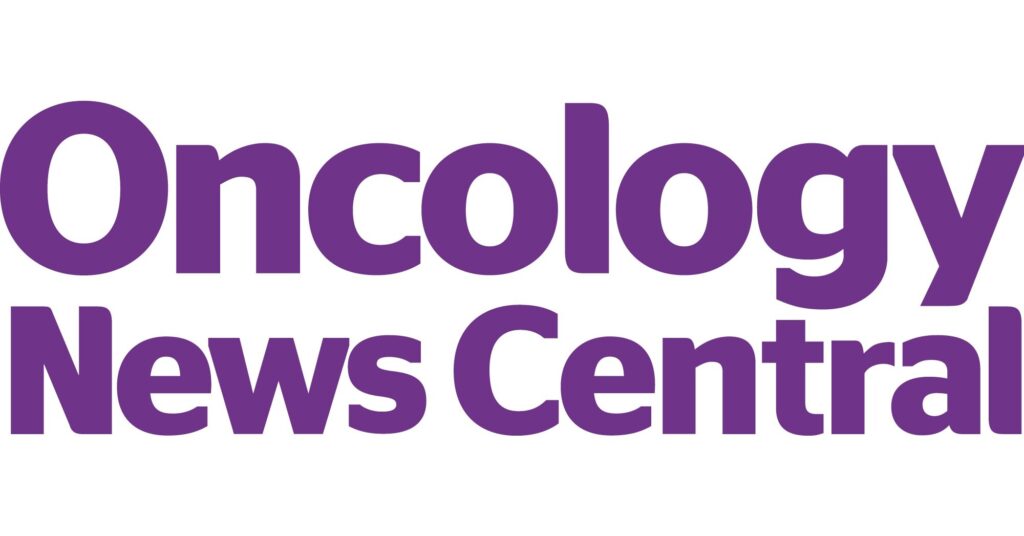2024 marked significant progress in small cell lung cancer (SCLC) treatment with three major developments: the FDA approval of tarlatamab-dlle as the first bispecific antibody, promising post-hoc analysis of lurbinectedin from the ATLANTIS study, and practice-changing survival data for durvalumab from the ADRIATIC trial. These advances provide new options across different stages and lines of therapy for SCLC patients.
Key Points:
- Lurbinectedin showed nearly double the response rate compared to topotecan in post-hoc ATLANTIS analysis, specifically benefiting patients who progressed after platinum-based therapy, had no CNS metastases, and had a ≥30-day chemotherapy-free interval
- Tarlatamab-dlle received FDA accelerated approval based on the DeLLphi-301 trial, achieving 40% overall response rate with 9.7-month median duration of response; notably higher response rates (52%) in platinum-resistant patients
- Durvalumab consolidation therapy demonstrated substantial survival benefit in limited-stage SCLC: median OS of 55.9 vs 33.4 months (placebo) and PFS of 16.6 vs 9.2 months in ADRIATIC trial
- Updated ADRIATIC data showed durvalumab benefit across all subgroups, with better outcomes in carboplatin vs cisplatin subgroups (3-year OS: 65.3% vs 52.1%)
- Clinical implications suggest durvalumab consolidation as new standard of care for limited-stage SCLC post-chemoradiation, while tarlatamab and lurbinectedin expand second-line options

“This is practice-changing.”
– Dr. Roy S. Herbst, highlighting durvalumab’s impact in SCLC where immunotherapy typically shows limited efficacy
More on SCLC
 PATIENT EDUCATION
PATIENT EDUCATION  OBESITY/WEIGHT MANAGEMENT
OBESITY/WEIGHT MANAGEMENT  EXERCISE/TRAINING
EXERCISE/TRAINING  LEGAL MATTERS
LEGAL MATTERS  GUIDELINES/RECOMMENDATIONS
GUIDELINES/RECOMMENDATIONS 
